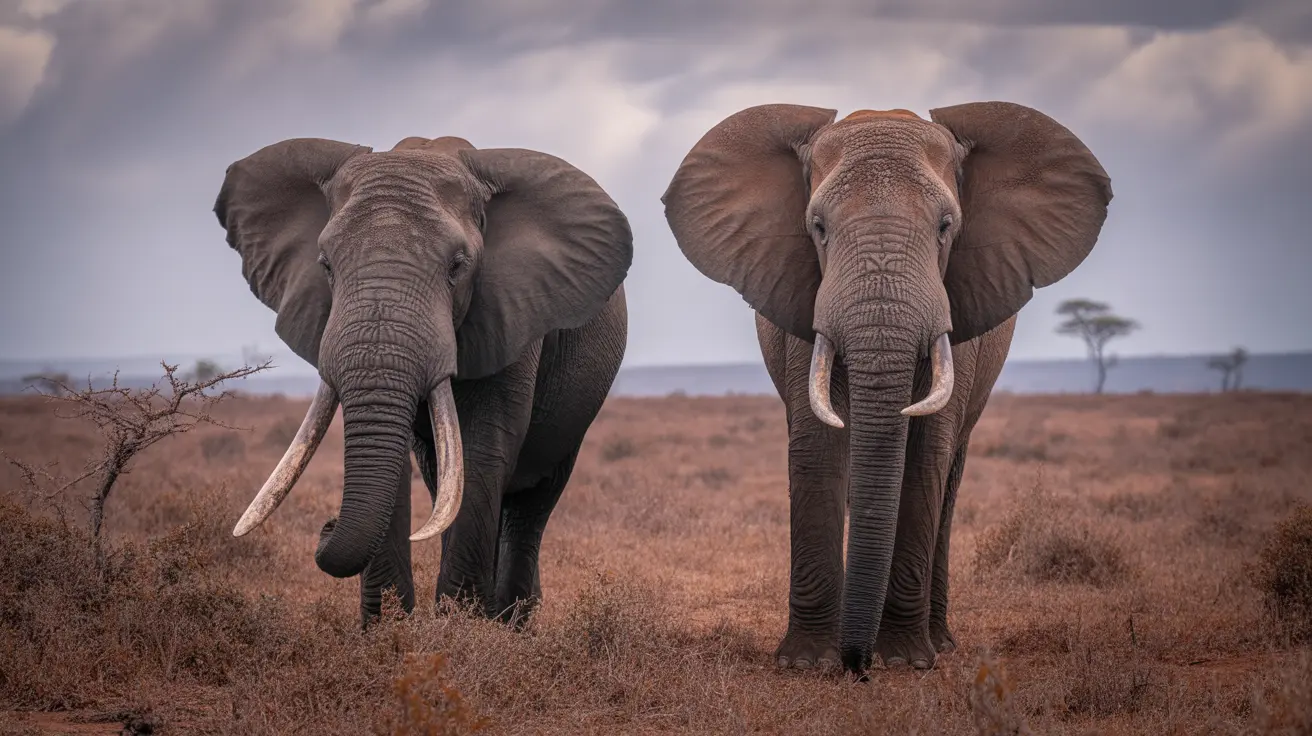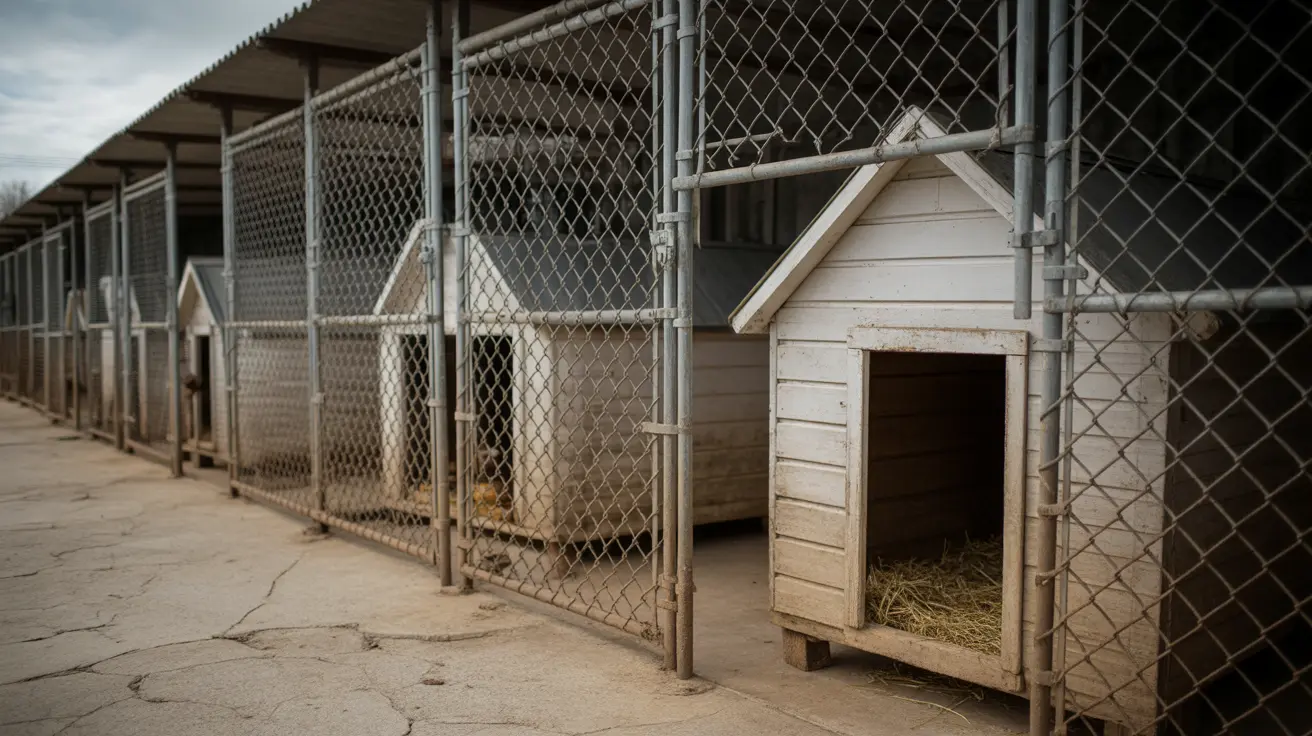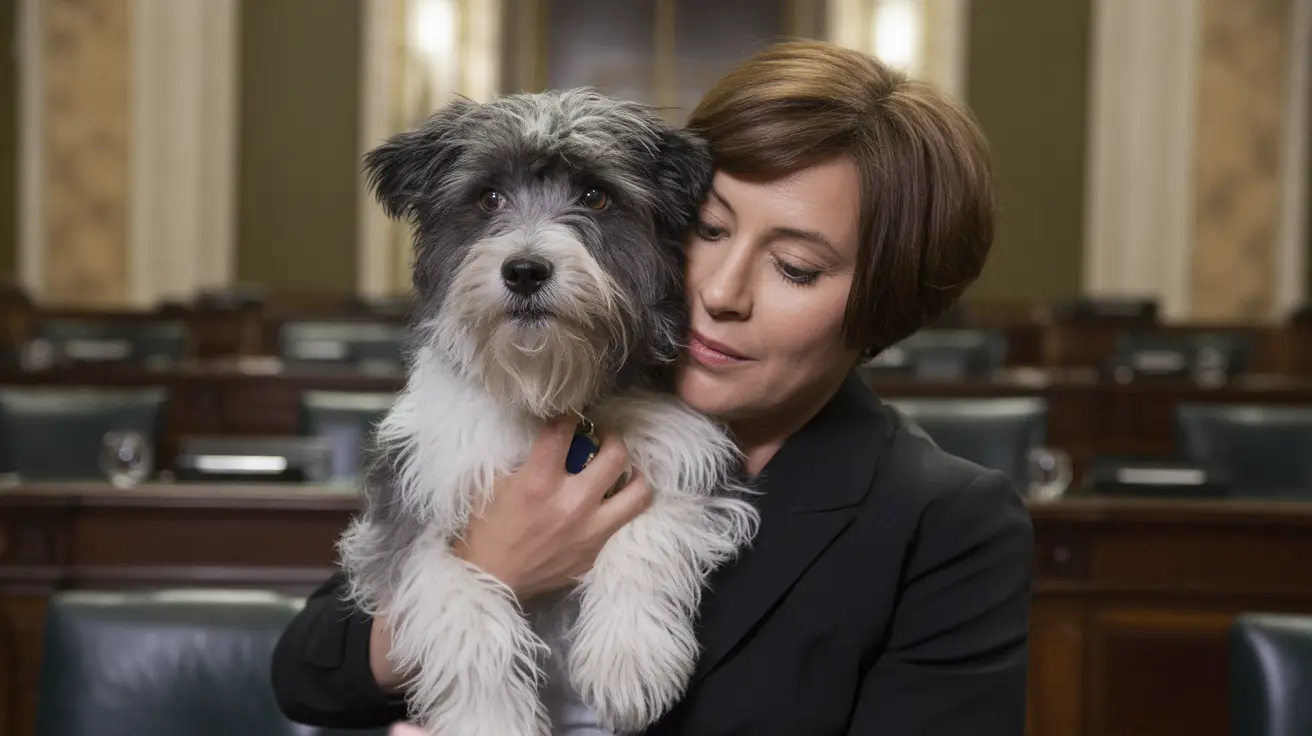Understanding the Demeanor of a Pitsky: Traits and Temperament
The Pitsky, a mix between the American Pit Bull Terrier and the Siberian Husky, is a distinctive hybrid known for its strong personality, boundless energy, and loyal disposition. This mixed breed often exhibits the best qualities of both parent breeds, resulting in a companion that is loving, intelligent, and highly active.
General Temperament
Pitskies are highly social animals that thrive within family units. These dogs are known to form strong bonds with their owners and typically display a high level of devotion and affection. However, their behavior can vary significantly depending on which parent breed's traits are more dominant.
- Loyal and Affectionate: Pitskies are deeply loyal pets that enjoy being involved in family activities. They are affectionate with their human companions and often protective, making them great guardians.
- Energetic: True to their Husky heritage, Pitskies are extremely energetic. They require considerable physical activity to stay healthy and content.
- Playful and Fun-Loving: With a playful spirit, these dogs love games of fetch, running, and interactive toys that challenge their minds.
- Alert and Intelligent: The breed’s natural intelligence makes them highly trainable, although they can be stubborn, inherited from both parent breeds.
Social Behavior
Pitskies are typically friendly with family members and can do well with children and other pets when properly socialized from an early age. However, because both Huskies and Pit Bulls have strong prey drives, interactions with smaller animals should be supervised.
- Good with Children: When raised with kids, Pitskies can be excellent companions, often displaying patience and gentleness.
- Needs Early Socialization: To avoid potential issues such as aggression or fearfulness, it's vital to start socializing Pitskies as early as possible.
- May Be Wary of Strangers: Some may be naturally reserved or alert around unfamiliar people, highlighting their guarding instincts.
Exercise and Mental Stimulation Needs
Thanks to their high energy levels, Pitskies require ample daily exercise. Without proper outlets for physical activity and mental engagement, they may exhibit undesirable behaviors due to boredom or frustration.
- Daily Exercise: At least 1–2 hours of vigorous activity is necessary. This can include walks, hikes, running, or agility training.
- Mental Enrichment: Engaging their intellect through puzzle toys, obedience training, or learning new tricks is crucial.
- Escape Artists: Like Huskies, some Pitskies may attempt to escape confined areas, necessitating secure fences and supervision.
Trainability
Pitskies are intelligent and responsive to training but can also possess a stubborn streak, particularly if they sense a lack of consistency or confidence in their handler. Positive reinforcement techniques work best.
- Early Training Important: Pitskies benefit greatly from early obedience classes and exposure to a variety of environments.
- Short, Fun Sessions: To maintain their interest, training sessions should be kept brief and rewarding.
- Firm but Kind Leadership: Establishing yourself as a calm, firm leader helps guide their behavior.
Vocal Tendencies
Taking after their Husky parent, some Pitskies are quite vocal, often 'talking' or howling to express their emotions or boredom. While this adds to their charm, it may not be ideal for apartment dwellers or noise-sensitive homes.
Living Environment Suitability
Pitskies do best in environments where they can move freely and get regular interaction. While they can adapt to apartment living, they are more suited to homes with fenced yards or access to open spaces.
- Not Ideal for Sedentary Owners: Due to their activity requirements, they need families or individuals who lead active lifestyles.
- Companion-Driven: Pitskies do not enjoy prolonged solitude and may develop separation anxiety if left alone too long.
Health and Grooming Considerations
The demeanor of a Pitsky can also be influenced by their overall health and grooming routine. Ensuring they are well cared for can help maintain their positive temperament.
- Regular Grooming: They may inherit a thick double-coat from the Husky side, requiring weekly brushing and seasonal deshedding.
- Prevent Boredom-Related Issues: A bored or understimulated Pitsky can develop undesirable behaviors, including chewing, digging, or excessive barking.
- Routine Vet Care: Regular checkups, vaccinations, and dental care keep them physically and mentally at their best.
Summary: What Defines the Pitsky's Demeanor?
The Pitsky is dynamic, loyal, smart, and full of life. Owners should be prepared to meet their demands for affection, exercise, and mental challenge. With proper training and consistent care, they become devoted companions who enrich any active household.





